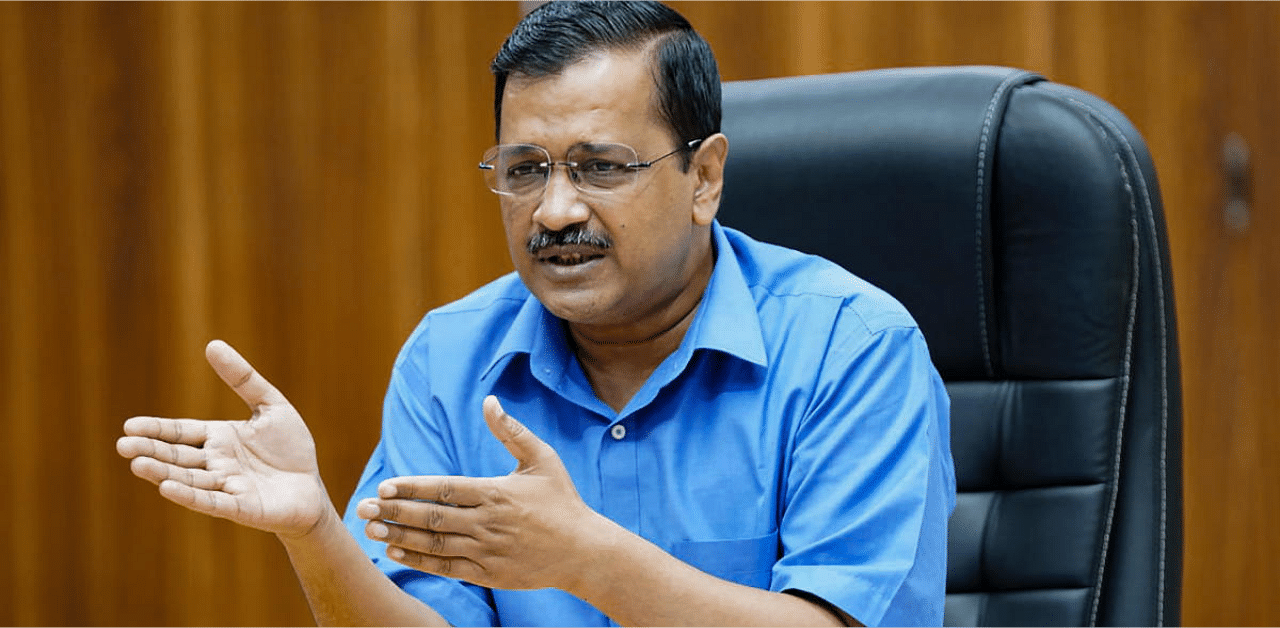
The Delhi Government Thursday told the Delhi High Court that the policy decision directing 33 big private hospitals to reserve 80 per cent of ICU beds for Covid-19 patients was taken as a stop-gap and temporary measure with an intent to mitigate the surge of coronavirus cases in the national capital.
The government defended its decision and opposed a plea challenging the September 13 order, directing all the private hospitals having bed strength of 50 or more to reserve at least 80 per cent of their total ICU bed strength for Covid-19 patients.
In an affidavit filed before Justice Navin Chawla, the AAP government vehemently denied that the decision, which was stayed by the high court on September 22, was in violation of any fundamental right of the citizens of Delhi and termed the petition by 'Association of Healthcare Providers' as wholly misplaced and baseless.
The high court granted one week time to the petitioner association, which claims that the 33 private hospitals against whom the order was passed are its members and sought to quash the order to reserve 80 per cent ICU beds for Covid-19 patients, to file rejoinder to the government’s affidavit and listed the matter for further hearing on November 18.
The government has already challenged the single judge’s stay order before a division bench which has listed it for hearing on November 27.
Additional Solicitor General Sanjay Jain, representing the government, said there is a prediction that in the upcoming festive season, the number of Covid-19 cases will go up.
The affidavit, filed through additional standing counsel Sanjoy Ghose and advocate Urvi Mohan, contended that the petitioner association was looking to secure the financial interests of its member hospitals, under the garb of expressing masked concerns over securing healthcare facilities for non-COVID patients, to be able to levy arbitrary and exorbitant medical treatment fee and other such charges from critical COVID-19 patients.
“The act of the answering respondent (Delhi government), being that issuing the GNCTD Order, is a policy decision, that had been implemented, as a stop-gap and temporary measure, with the intent and objective to mitigate the surge in the Covid-19 cases in the NCT of Delhi,” it said.
It also referred to various judicial pronouncements saying it is settled law that courts will ordinarily exercise restraint while dealing with a challenge preferred to a policy decision of the State.
It said it is not the domain of the court to embark upon the uncharted ocean of public policy in an exercise to consider as to whether a particular public policy is wise or a better public policy can be evolved and such an exercise must be left to the discretion of the executive and legislative authorities as the case may be.
The Delhi government said several other states like Maharashtra and Odisha have also taken similar steps and put in place similar measures to combat the Covid-19 pandemic.
“On account of the Covid-19 pandemic graph taking an alarming rise nation-wide and also impacting upon the cases in the national capital, the Government of the NCT of Delhi has been adopting a hands-on dynamic approach for the management and mitigation of this disaster,” the affidavit said.
It said since certain private hospitals have been the preferred choices of patients, it has been found that they hardly have any free and available ICU beds for COVID-19 patients and there is a section of the society including those with health insurance, CGHS, DGHS and ECHS beneficiaries who prefer admission in private hospitals despite availability of beds in the government sector.
It was found that many such patients were made to wait for long hours/ days prior to their admission due to non-availability of COVID-19 ICU beds as a result of which their condition deteriorated, it said.
The government said when the emergency meeting was convened by it on September 12, out of 33 private hospitals, 25 participated in it and none of them raised any protest or objection to the decision of the authorities to reserve the ICU beds.
Almost all of the 33 hospitals also started implementing the government's order with immediate effect, it claimed, adding that order only covers 33 private hospitals and nursing homes, out of over 1150 private nursing homes and hospitals across the city.
It said no patient, suffering from a critical illness other than Covid-19, has objected to the government’s order or complained of having been deprived of necessary medical treatment.
“The alleged violation of fundamental right to life of one class of persons (being non- Covid patients, none of whom have come before the court alleging such a violation), cannot be given primacy over the fundamental right to life of critical COVID-19 patients,” especially when the government order is only a stop-gap and temporary arrangement, to cater to the present and dynamics rise in the number of Covid-19 positive cases, it said.
The government said the petition is an attempt to seriously imperil its pandemic management efforts and actually jeopardises the interests of hundreds of Covid-19 patients who have availed of the benefit of the order and secured ICU beds in private hospitals, at capped rates.
It said the stay on the operation of the government’s decision, which has been granted to the petitioner, further leaves such patients at the mercy of these private hospitals.